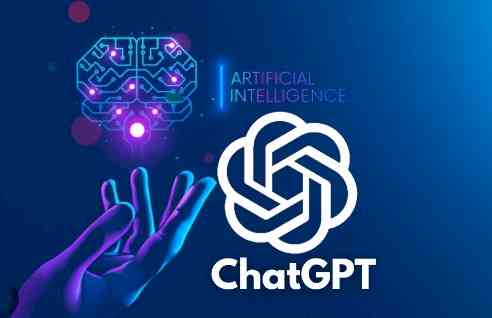ChatGPT can increase human productivity: Study
Open AI’s ChatGPT can help increase productivity for workers assigned tasks like writing cover letters, delicate emails, and cost-benefit analysis, according to a study.

New York, July 16 (IANS) Open AI’s ChatGPT can help increase productivity for workers assigned tasks like writing cover letters, delicate emails, and cost-benefit analysis, according to a study.
Researchers from the Massachusetts Institute of Technology (MIT) in the US found that the benefits of using generative artificial intelligence (AI) technology were “substantial”.
They noted that ChatGPT decreased work time by 40 per cent, and increased their “output quality” by 18 per cent.
The team believes the study, appearing in the journal Science, can help people understand the impact that AI tools like ChatGPT can have on the workforce.
“What we can say for sure is generative AI is going to have a big effect on white collar work,” said Shakked Noy, doctoral student in MIT’s Department of Economics.
“I think what our study shows is that this kind of technology has important applications in white collar work. It’s a useful technology. But it’s still too early to tell if it will be good or bad, or how exactly it’s going to cause society to adjust,” Noy added.
In the study, the researchers gave 453 college-educated marketers, grant writers, consultants, data analysts, human resource professionals, and managers two writing tasks specific to their occupation.
The 20-to 30-minute tasks included writing cover letters for grant applications, and emails about organisational restructuring.
Experienced professionals in the same occupations as each participant evaluated each submission as if they were encountering it in a work setting. Evaluators did not know which submissions were created with the help of ChatGPT.
Half of participants, who were given access to the chatbot ChatGPT-3.5, finished their tasks 11 minutes faster than the control group, while their average quality evaluations increased by 18 per cent.
The data also showed that performance inequality between workers decreased, meaning workers who received a lower grade in the first task benefited more from using ChatGPT for the second task.
“The experiment demonstrates that it does bring significant speed benefits, even if those speed benefits are lesser in the real world because you need to spend time fact-checking and writing the prompts,” Noy said.
Yet the researchers agreed that, even if it’s accepted that ChatGPT will increase many workers’ productivity, much work remains to be done to figure out how society should respond to generative AI’s proliferation.
“The policy needed to adjust to these technologies can be very different depending on what future research finds,” said another doctoral student Whitney Zhang.
“If we think this will boost wages for lower-paid workers, that’s a very different implication than if it’s going to increase wage inequality by boosting the wages of already high earners. I think there’s a lot of downstream economic and political effects that are important to pin down,” Zhang added.


 IANS
IANS 













